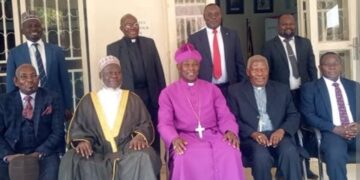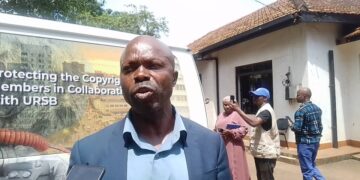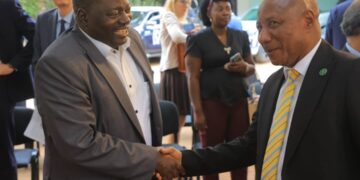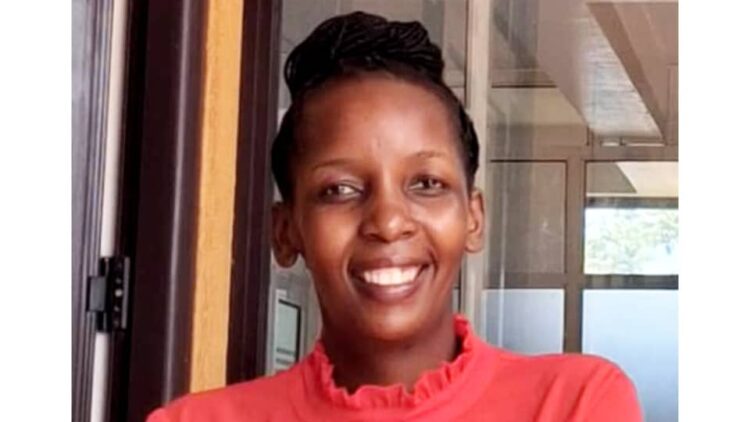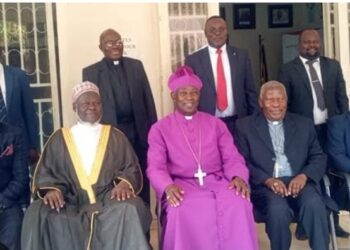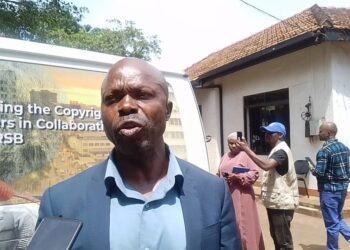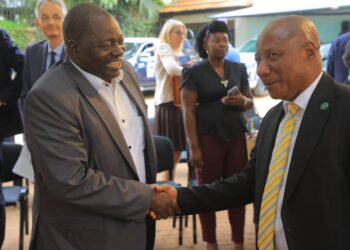OPINION
As global leaders prepare to convene for COP30 in Brazil, Uganda should temper its expectations. Despite years of climate negotiations, real commitments to reduce emissions, finance adaptation, and ensure climate justice for vulnerable nations have remained elusive. While these high-level talks often end with grand promises, the gap between rhetoric and reality continues to widen.
The Intergovernmental Panel on Climate Change (IPCC) has been unequivocal indicating that fossil fuels are responsible for over 75% of global greenhouse gas emissions driving the climate crisis. Yet, paradoxically, Uganda continues to heavily invest in fossil fuel expansion through projects like the East African Crude Oil Pipeline (EACOP). Once completed, this 1,443-kilometre pipeline will transport crude oil from Hoima to Tanga, emitting an estimated 379 million tonnes of carbon over its 25-year lifetime.
This is a striking contradiction. On one hand, Uganda advocates for increased climate finance and loss and damage support for developing countries; on the other, it advances a project that will worsen the very crisis it seeks to address. The country’s leaders argue that oil revenues will fund development, but this short-term gain comes at the expense of long-term environmental stability, public health, and global credibility in climate diplomacy.
At COP30, Uganda and other African countries will likely call for fairness and greater support from developed nations, a valid demand. However, genuine climate leadership must begin at home. It is difficult to demand accountability from others while advancing fossil fuel projects that undermine global emission reduction goals.
Therefore, if Uganda is truly committed to a sustainable and climate-resilient future, it must urgently reconsider its fossil fuel trajectory and prioritize investments in other green sectors including renewable energy, tourism, smart-agricultural practices and other community-led adaptation mechanisms. These not only address climate change challenges but also promote environmental conservation, human rights and the livelihoods of the vulnerable communities that are at the forefront of climate impacts. Until then, expecting major climate breakthroughs from COP30 will remain a political illusion and Uganda’s stance, a case study in climate hypocrisy.
By Catherine Twongyeirwe,
The writer is a Ugandan environmental defender.
















